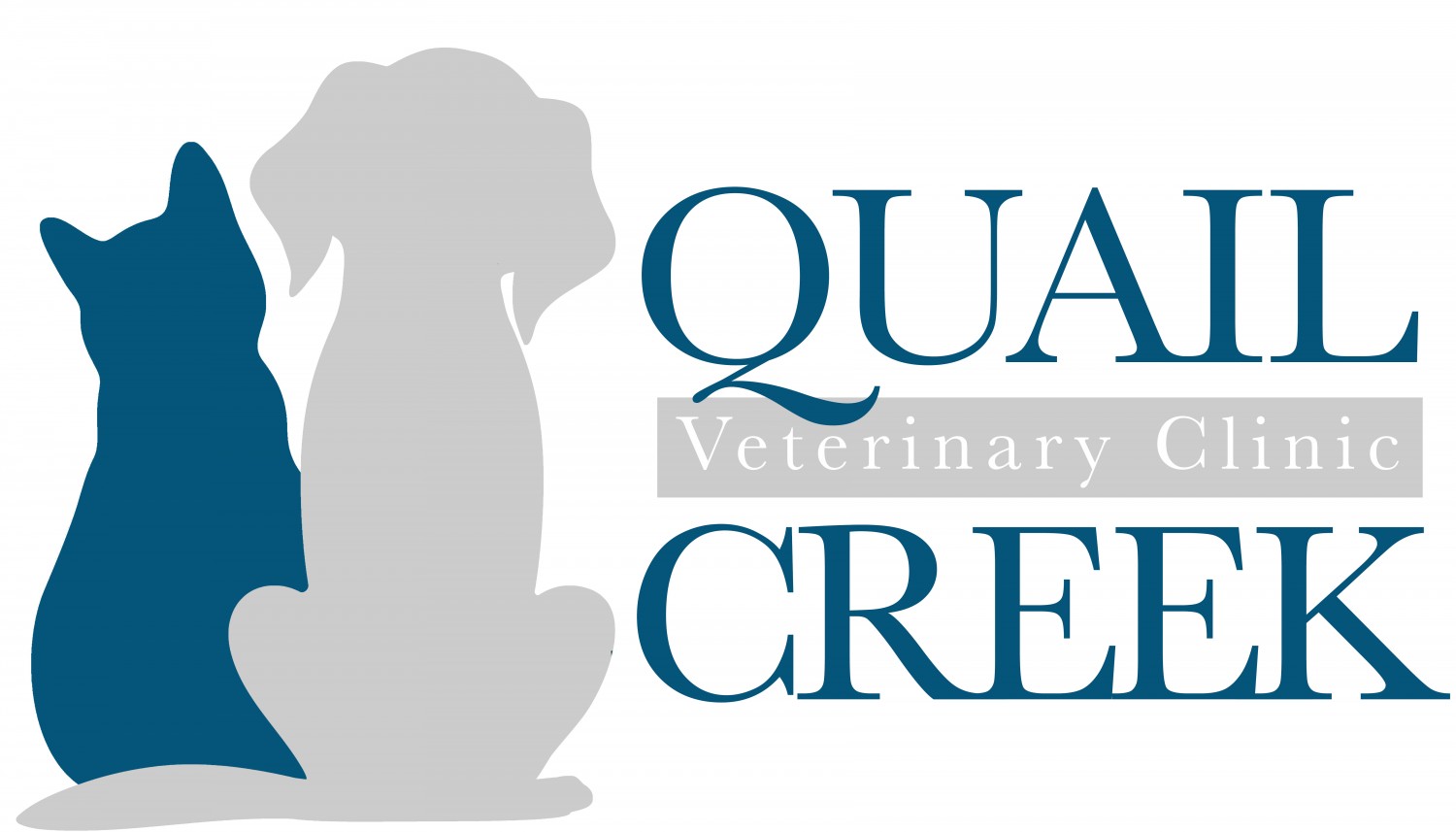|
WHAT DIET SHOULD I FEED MY PET?
It depends on the dog. Each pet is different so no one diet is going to be the best for every dog. Price and quality are NOT correlated in the pet food industry. Some of the worst diets are the most expensive, and some of the best are very reasonably priced.
Pet food labels can be deceiving. A diet may look great based on the ingredient list and website “rankings,” but veterinary nutritionists warn consumers to beware of “guerilla marketing.” The World Small Animal Veterinary Association recommends consumers consider the following when choosing a food for their pets:
1. Employment of a full time qualified animal nutritionist
2. Who formulates the diets and their credentials
3. Where the food is produced and manufactured
4. Evidence to support “complete and balanced” claims
5. Details of quality control measures
6. Availability of the complete nutrient profile
7. Calorie content
8. Availability of product research
Something else to consider is the longevity of the company producing the product.
Keeping all of this in mind, we recommend diets by Hill’s Science Diet, Royal Canin, Iams and Purina’s Pro Plan.
Are grain-free diets better?
Let’s start by defining grains. Grain refers to corn, rye, barley, oats, rice, sorghum, millet and teff. Gluten is a concentrated protein found in certain types of grain. Secondly, we should be feeding our pets’ nutrients rather than ingredients. Grains are valuable sources of carbohydrates (energy), essential fatty acids, vitamins, minerals and fiber. Corn is a great source of linoleic acid which helps supports healthy skin and coats. While grains may not be easily digestible in its whole forms, once ground, they are actually about 90% digestible.
In addition, recent studies found that grain free diets may contribute to Dilated Cardiomyopathy in dogs that are genetically predisposed, one of the studies found prevalence in Golden Retrievers. Grain free diets high in legumes as a source of protein are over-represented as being taurine deficient. For more information: A broken heart: Risk of heart disease in boutique or grain-free diets and exotic ingredients
Can my pet be allergic to grains or gluten?
The answer is yes. HOWEVER, less than 1% of dogs actually have sensitivities to grains. Most often food allergies are to the protein sources in the foods – beef, chicken, pork, etc. With that being said, if you want to feed your dog or cat a grain-free food, you can but be aware of the possible risk of heart disease. If you think your dog may be food allergic, consult your veterinarian.
Are by-products bad?
By-products are simply what are left over when some other product or ingredient is utilized. For example, when an animal is used for its meat, the by-products would be the organs, hooves, antlers, etc. The hooves and antlers become the chew treats that dogs love while the highly nutritious organ meats become the “by-products” included in pet foods. Chicken and beef broth are also considered by-products. So no, by-products are not bad for your pets.
Does my senior pet need a senior diet?
Not necessarily. Some senior diets are lower in protein and many contain a higher fat content. Ask your veterinarian before switching to a senior diet.
Are raw diets better than commercial dog foods?
Today’s diets are formulated to meet the nutritional needs of dogs and cats of all ages and life-styles. Raw diets may not be as well balanced and can lead to calcium deficiencies (especially in growing puppies and kittens) or vitamin A toxicities depending on what is being fed. There are also the risks for Salmonella and other bacteria, protozoa, and parasites to both you and your pet. Freezing raw diets does not kill the harmful bacteria. Raw or cooked bones can fracture teeth or become jagged and cause damage to the gastrointestinal tracts. If you are going to feed a raw diet, work with your veterinarian to make sure your pet is getting the balanced nutrition it needs.
Is canned food better for cats than dry food?
Cats are considered to be obligate carnivores which mean that they need a much higher percentage of protein in their diets. Protein content of canned food is often higher than what can be obtained from a dry kibble. Cats also have a high propensity for kidney disease as they age. The higher water content of canned food is beneficial is maintaining urinary tract health. Additionally, cats’ teeth are made for the shearing of meat, not the crunching of bones. Cats get no benefit from the crunching of kibble. We recommend that all cats be fed primarily canned food and supplemented as needed with dry.
Good websites with reliable information:
| 
